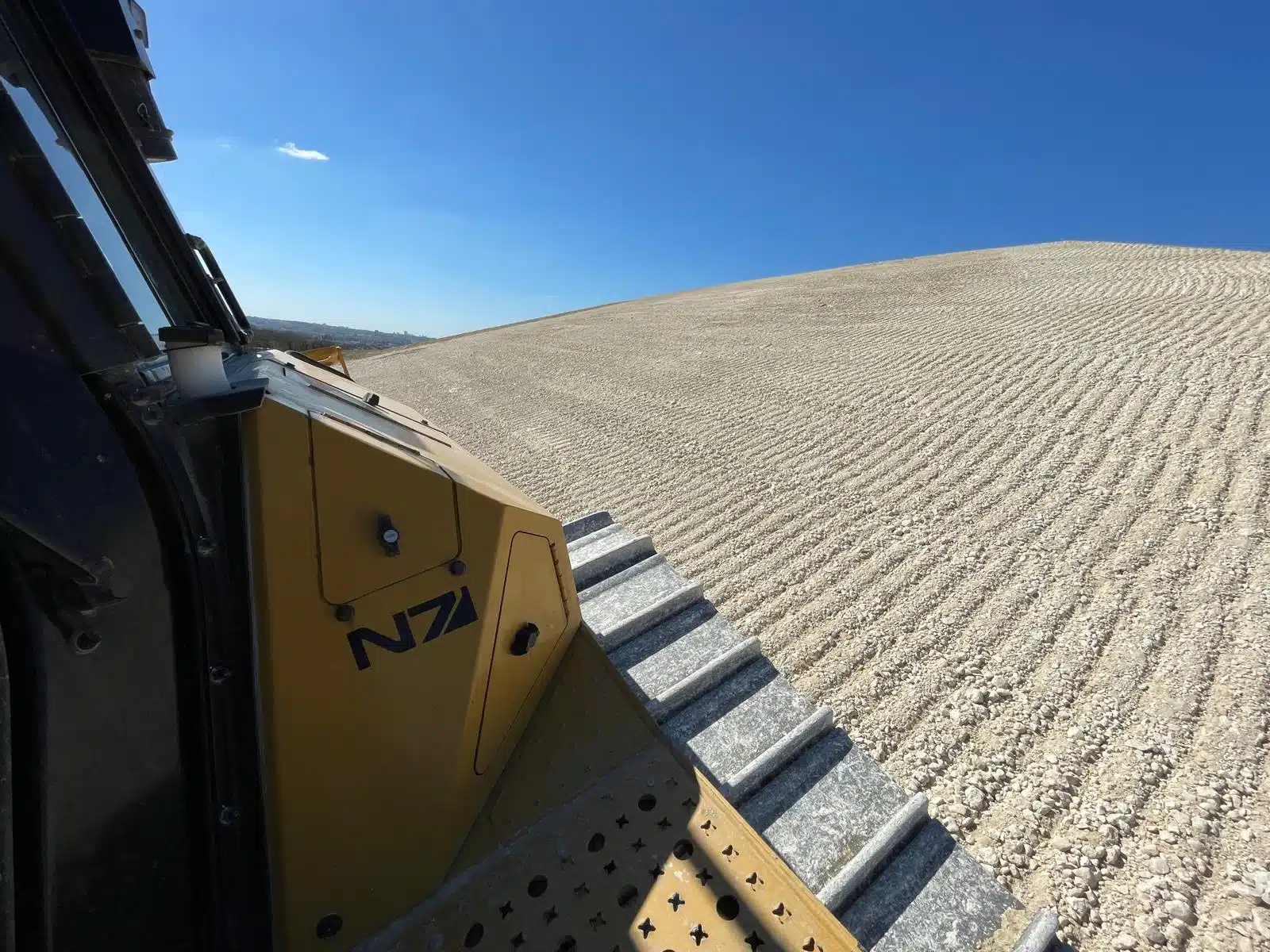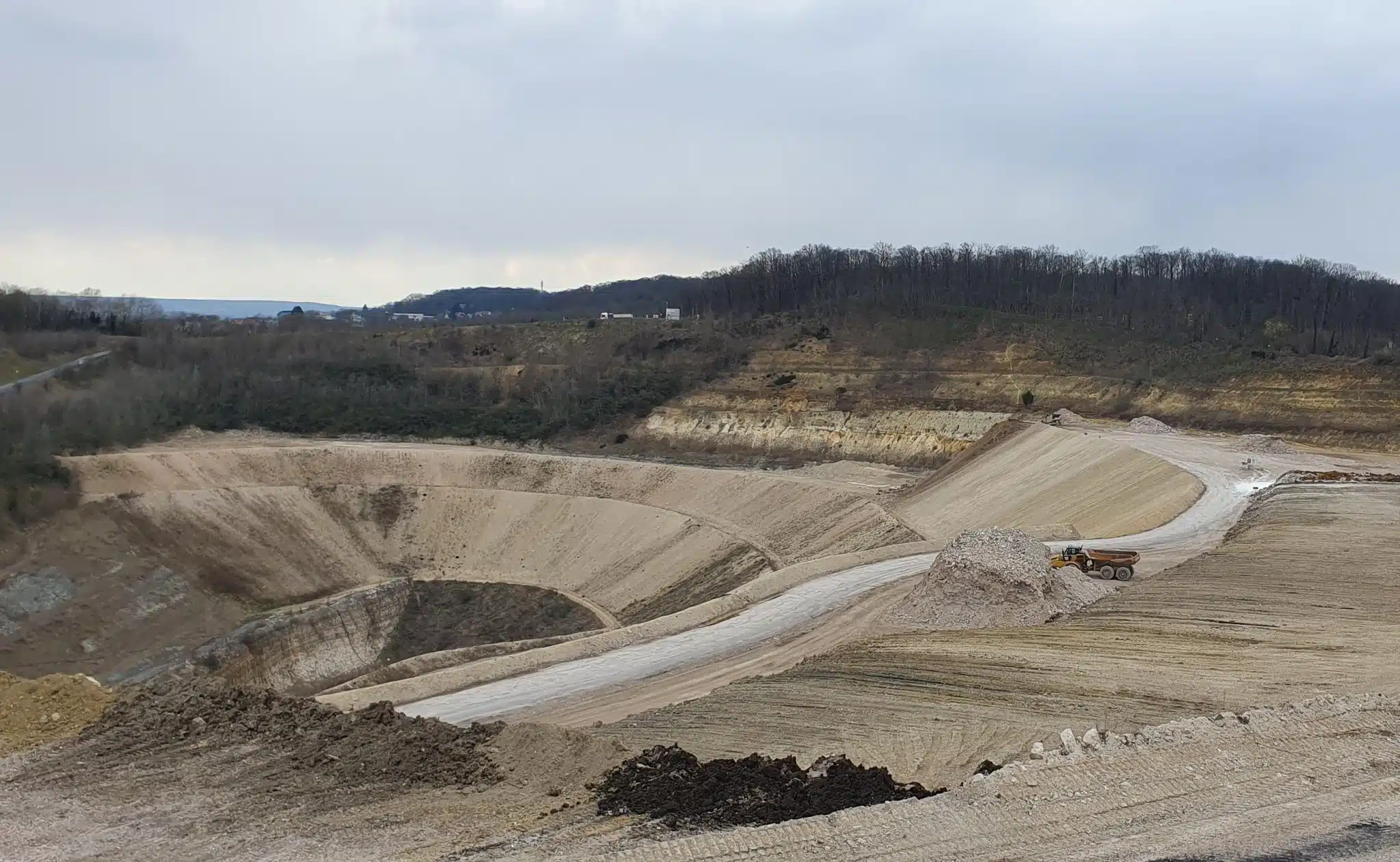Reforming the status of excavated soil
Laurent Mogno, President of ECT, analyzes the current regulatory context for excavated soil and changes in its status. 5 questions for “In practice, everything you need to know about”.
WHAT IS THE CURRENT REGULATORY CONTEXT REGARDING THE STATUS OF EXCAVATED SOIL?
Excavated soil from the construction industry accounts for 40% of the volume of waste produced in France. Today, as soon as they leave their excavation site, they are legally considered as waste.
The terminology and status of waste are poorly understood, and even cause anxiety among the general public, despite the fact that this status is highly protective of the environment and health. In fact, it obliges building and civil engineering professionals to apply the regulations laid down in the French Environment Code concerning control and traceability, notably through classified installations.
The application of this status is backed up by the action of an environmental police force, whose controls can lead to administrative and criminal sanctions where necessary. This statute has led to major advances in making excavated soil producers more responsible. We mustn’t let our guard down when uncivil, criminal or even mafia-like behavior is still too prevalent.
WHY IS A NEW MINISTERIAL ORDER BEING PREPARED?
The laudable idea is to encourage the development of a circular economy for construction waste. While regulatory changes are desirable for certain categories of waste, in particular to facilitate the action of social and solidarity-based enterprises (SSEs), we need to be very cautious on the subject of excavated soil: current regulations are restrictive, but they make it possible to manage very large volumes, while taking into account environmental and health issues.
WHAT DOES THE NEW TEXT CONTAIN?
The draft ministerial decree proposes to simplify the procedures for removing excavated soil, whether polluted or inert, from waste status. This desire for “deregulation” will eventually mean that the producer of excavated soil (the project owner or his service provider) will be able to carry out this removal himself, without prior treatment in a classified facility, on the basis of simplified controls and by concluding a private-law contract with the receiving site. This facilitated exit could thus take place outside the control of administrative authorities and environmental police. By streamlining the traceability regime, the decree effectively puts an end to the administrative and criminal liability of waste producers.
In a new version of the draft, currently under consultation, the Ministry of Ecological Transition and Solidarity has taken into account some of the comments made by professionals, but this is still insufficient to ensure effective control and traceability.
WHAT COULD BE THE CONSEQUENCES FOR THE ENVIRONMENT AND HUMAN HEALTH?
The fight against unauthorized dumping of rubble and excavated soil is a daily concern for mayors of rural communities close to areas where the construction industry is very active. This veritable battle against this social and environmental scourge, which ranges from incivility to organized crime, calls on us to step up control and traceability requirements. Without a strong traceability system, we will be faced with a systemic risk of error, fraud and large-scale trafficking, blurring the lines of responsibility in the event of proven pollution, contamination or deterioration in the quality of soil and/or groundwater. How can we be satisfied with transferring responsibility from the State to mayors, who would see developments carried out on their territory without any real means of controlling them or punishing those responsible?
WHAT WOULD BE THE APPROPRIATE REGULATORY FRAMEWORK?
As proposed by the Union nationale des exploitants du déchet (Uned), it would be advisable to go beyond the regulatory framework and enshrine in law a specific status for excavated soil. This legal status must confirm the requirements of the French Environmental Code, and set out the conditions for decontaminating or reusing these soils. It should be structured around simple principles: reinforcing soil traceability requirements between the producer and the recipient site, confirming the joint administrative and criminal liability of the producer and the recipient, reaffirming the obligation for prior treatment in a classified facility – at least for polluted soil – and providing a framework for the desirable re-use of inert soil by the recipient site.



